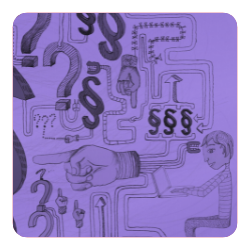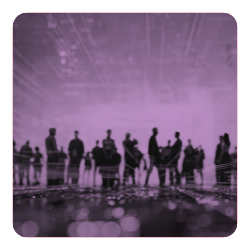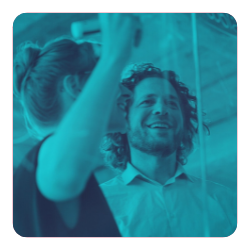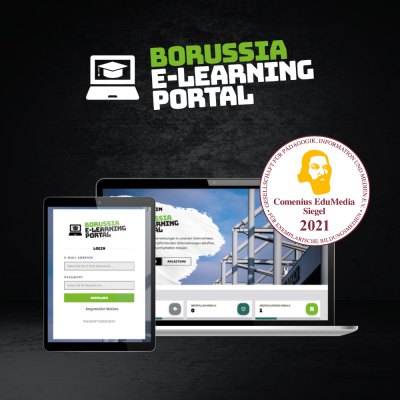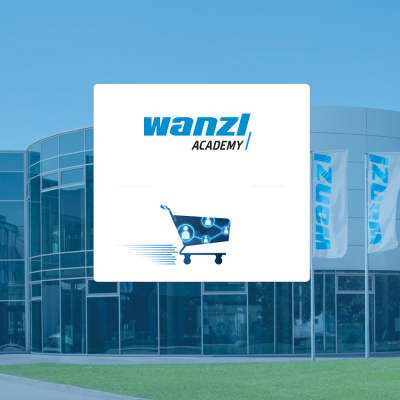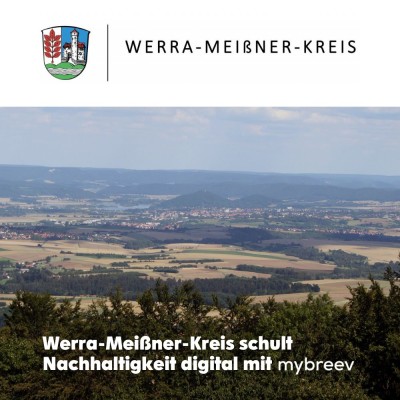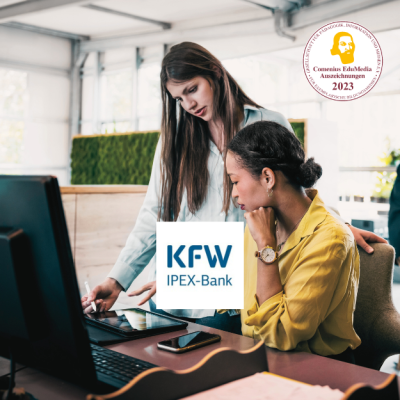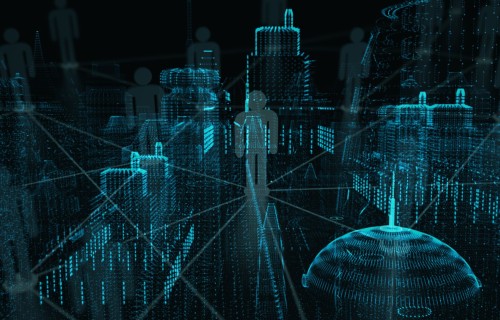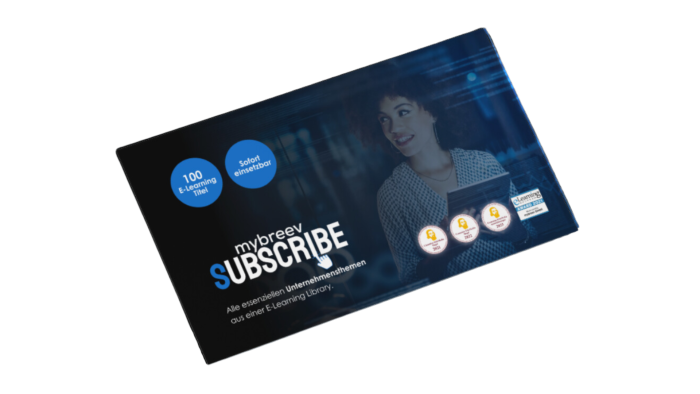The future of inclusion in companies
Even today, people with disabilities are often excluded - whether consciously or unconsciously - from full participation in social and economic life by certain barriers. But: Every person has the right to be included. The UN Convention on the Rights of Persons with Disabilities stipulates the right to inclusion. According to Aktion Mensch, this means: "If everyone can be included everywhere, at work, at home or in their leisure time: that is inclusion. When everyone can be there, it is normal to be different. [...] In an inclusive world, all people are open to other ideas."
This is also a significant factor for business. It's hard to imagine companies without people with disabilities. For good reason, because inclusion has many advantages: it helps to secure skilled workers, it strengthens diversity in the company - and is thus an important competitive factor. More and more employers from companies of all sizes and sectors are therefore focusing on inclusion, according to the 2021 Inclusion Award for Business. The initiators of the award are the Federal Employment Agency, the Confederation of German Employers' Associations, the Diversity Charter and the UnternehmensForum. The patron of the Inclusion Award for Business 2021 is the Federal Minister of Labor and Social Affairs, Hubertus Heil.
Organizations make a decisive positive contribution to society
Inclusion therefore means that every person can participate in professional and social life in a self-determined and barrier-free manner in a natural way. This principle applies especially to inclusion in the workplace. Inclusive organizations do not expect people with disabilities to adapt their lives to existing structures. They proactively create a framework for active participation. With a clear focus on a fair working environment for all, organizations prioritize the well-being and mental safety of each and every employee and make a crucial positive contribution to society.
Companies find the right skilled workers in bottleneck occupations
The Institut der deutschen Wirtschaft Köln e.V. (Cologne Institute for Economic Research) proves that inclusion is a win-win situation. "According to data from the Federal Employment Agency, unemployed people with severe disabilities tend to be better qualified than unemployed people without severe disabilities: in 2020, 56 percent of unemployed people with severe disabilities had a vocational or university degree, while only 46 percent of unemployed people without severe disabilities had such a qualification. Particularly against the backdrop of the shortage of skilled workers, there is therefore potential lying dormant here: companies can find the right skilled workers in bottleneck occupations and people with severe disabilities can find their way into the primary labor market." Between 2014 and 2018, the proportion of employed persons with impairments rose from 51.4 percent to 51.7 percent. For the workforce as a whole, it rose from 70.7 percent to 72.8 percent.
Diversity Charter tips on inclusion
What does the future of inclusion look like? More and more initiatives, studies and companies are working to promote inclusion in business, including the Diversity Charter. The registered association works to embed diversity in business and society. Among other things, the Diversity Charter advises:
- "Enable all employees to reach their workplace without barriers. Make clear accessibility disclosures and provide a contact person who is available to answer questions about inclusion and accessibility."
- "Appoint "DisAbility Managers" or "Representatives" to make the interests of people with disabilities heard even more. Take these needs seriously and use them to show that your company stands for change."
- "Make sure you comply with legal rules, such as the quota for employing severely disabled people. Don't outsource services and manufacturing processes, but hire people with disabilities directly, for example with the Budget for Work.
And the Cologne Institute for Economic Research advises, "Companies can draw on a range of strategies and tools to tap this potential. A supportive working atmosphere is important. The option of working in a home office, for example, is attractive to people who have limited mobility. Employers should actively communicate and address people with impairments, for example in job advertisements. Here, for example, it can be emphasized that the workplace is disability-friendly and that digital, flexible working is possible.
E-learning creates sensitivity and awareness for inclusion issues
Inclusion is thus an ongoing, never-ending process in which companies must constantly question themselves and actively shape change. In order to implement inclusion in organizations on a lasting basis, the meaning must be implemented across all hierarchical levels and fair behavior must be practiced again and again. Security Island's "Fairness First" e-learning channel focuses on promoting fair and balanced interaction within the company. To achieve this, the sensitivity and awareness of the employees for special topics such as inclusion are set. This enables them to recognize unequal treatment and exclusion of colleagues and to learn how to take targeted action against this and to question their own behavior and thinking in this context. E-learnings help as an introduction to the topic and encourage employees to deal with it in a targeted manner, thereby advancing the positioning as a fair organization.

